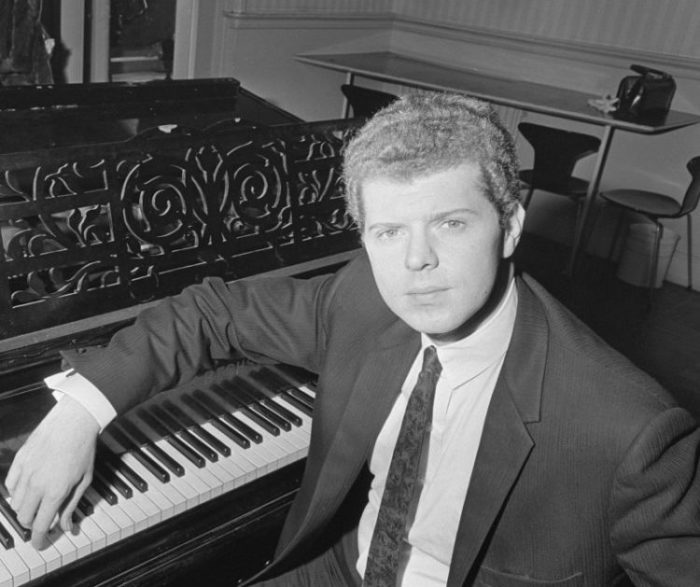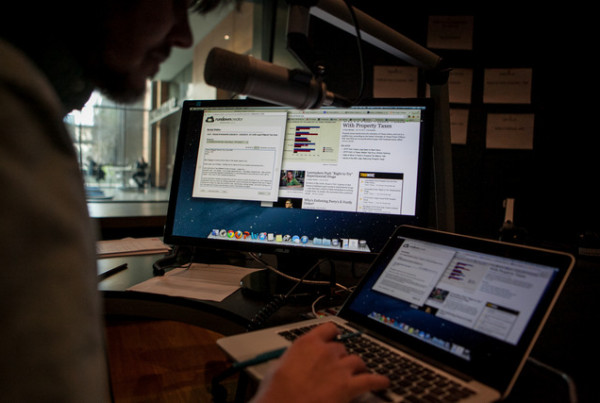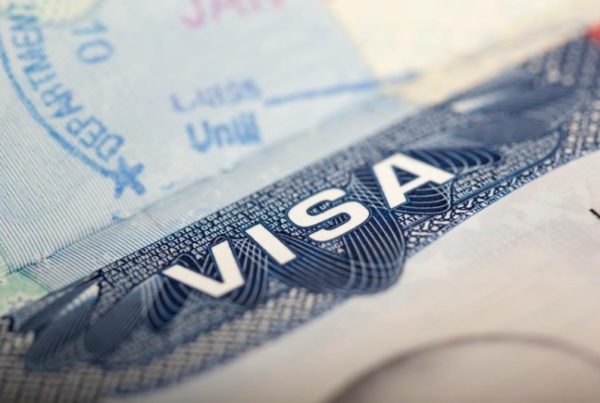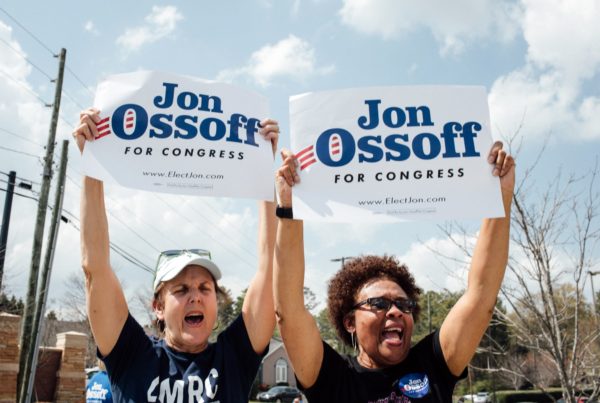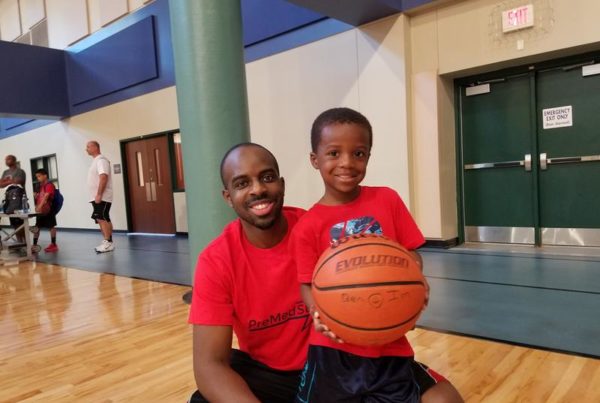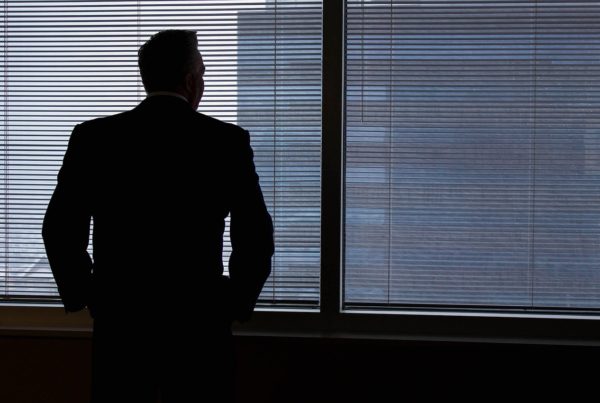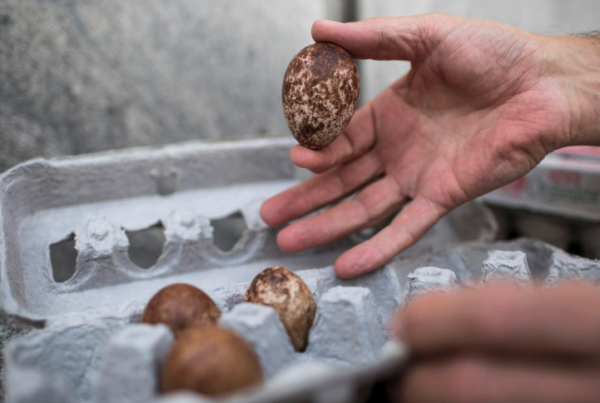New York City has held over 200 ticker-tape parades since the first one in 1886, which honored the Statue of Liberty. Lindbergh got a ticker-tape parade for his solo transatlantic flight. Jesse Owens was celebrated for his 4 gold medals with a parade in 1936. Churchill had a blizzard of ticker tape float down on him in 1946. The Apollo 11 moon landing team received a hero’s welcome in ticker-tape in 1969. Of all the people and professions honored in this way over 130 years, only one has been a musician.
You might be thinking: Elvis Presley – “Suspicious Minds” but no, Elvis never got a parade. Or maybe you are thinking Michael Jackson – “Billie Jean”, but no, Michael Jackson never received that honor either. You need to think in a more classical way.
The only musician ever to return to America as a kind of conquering hero was Harvey Lavan “Van” Cliburn, Jr., a tall, lanky Texan from Kilgore. In 1958, he managed to pull back the iron curtain and thaw the cold war for a few magical weeks. And he didn’t do with a Springfield Rifle or a Sherman tank: he did with a Steinway.
Nigel Cliff, Van Cliburn’s biographer, says that his genius revealed itself early. His mom, Rildia Bee, quite an accomplished pianist herself, taught piano at home. She had just finished with her last pupil of the day and left young Van sitting with him while he practiced his Chopin before going home. She went to fix supper. After fifteen minutes she heard the young student still playing and went back to hurry him home. She was surprised to find 3-year-old Van there playing Chopin by ear. So his mom immediately made him one of her students.
At ten, Van told his mom and dad that his dream was to become a classical pianist. His father said, “Well if you are going to be a pianist, you’re going to be the best.” He built a music room onto their ranch-style home’s garage and furnished it with a Steinway. There, Van Cliburn practiced three to four hours a day and by the time he was 16, he had amassed the ten thousand hours they say is required to turn aptitude into artistry.
Van did have distractions along the way. As he grew well over six feet before high school, the basketball coach came to recruit him. His mom told the coach that Van’s hands were insured for a million dollars. No way he was going to risk them playing basketball.
Van Cliburn was accepted to Juilliard when he was 17. Would have loved to have seen him arrive there and lean his lanky Texas frame against his professor’s door and say, “Howdy, I’m here to study music with y’all.”
He excelled there, too, and was accepted a few years later to compete at the Moscow International Tchaikovsky Piano Competition. This event was Russia’s way of showing the world that they not only led technologically, having put Sputnik, mankind’s first satellite, in space six months before, but that they were also culturally superior to the decadent West.
Here is where the Texan entered. He strolled confidently across the stage and shocked the Russians with his mastery of Tchaikovsky. Olga Kern, one of the finest Russian classical pianists alive today, said, “Van Cliburn won because he played in a grand way. Soaring. It was beautiful; the piano was singing. It sounded so new and fresh. It was incredible.” And when she visited his boyhood home in Kilgore years later, she said that she understood where he got that style because East Texas had enormous trees, vast fields, and a natural sublimity that perhaps shaped him.
Van Cliburn had a reception in Moscow that would have been the envy of any rock star. Women swooned. They cried over his powerful and fresh interpretation of Tchaikovsky. They brought flowers to the stage and laid them before the piano. And when the judges believed he had won, they were afraid to award him the victory. So they went to Khrushchev himself and asked if they could declare Van Cliburn the winner. Khrushchev asked, “Did he win? Well, give it to him.”
And so Van Cliburn returned to New York a victorious cultural warrior. He was given a ticker-tape parade like none other – the only one, ever, for a musician. He made the cover of Time Magazine. The headline read: “The Texan Who Conquered Russia.”


